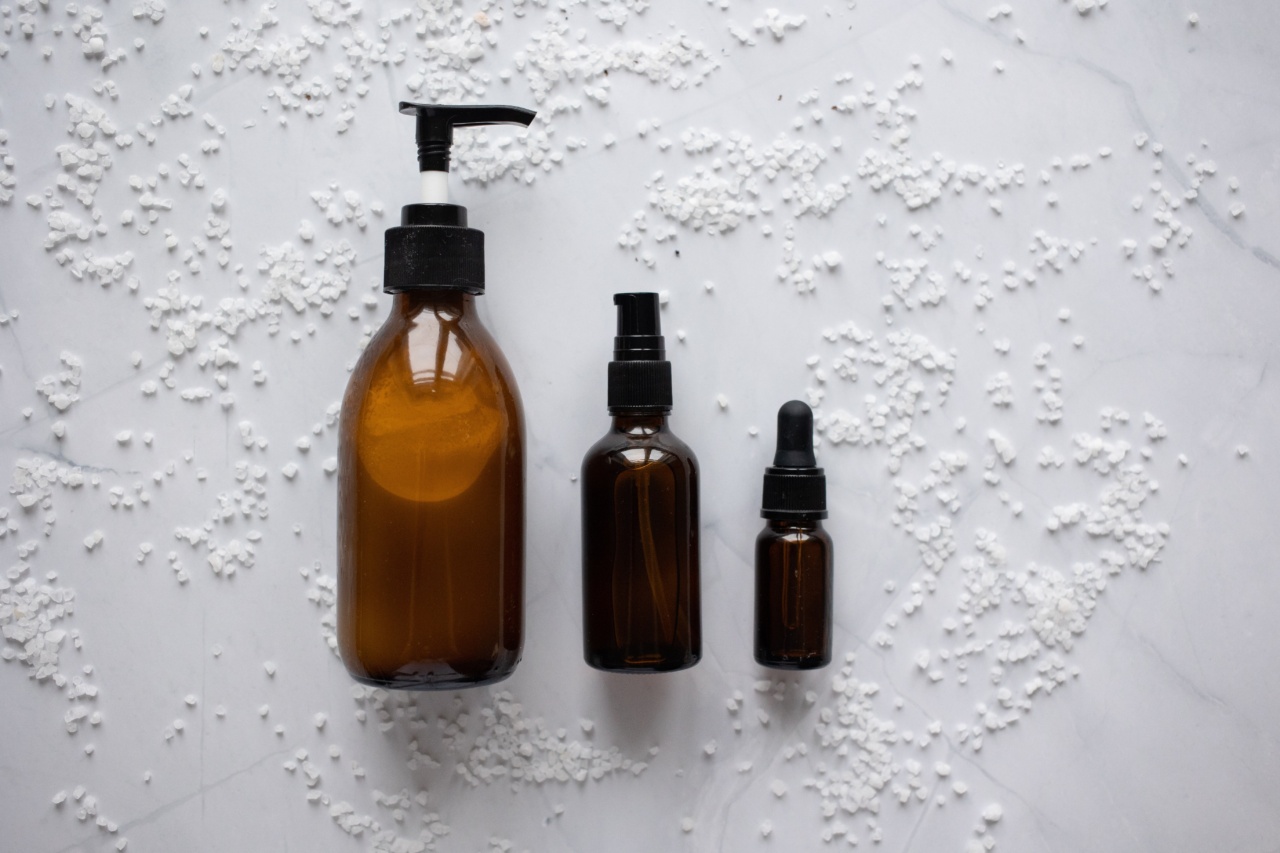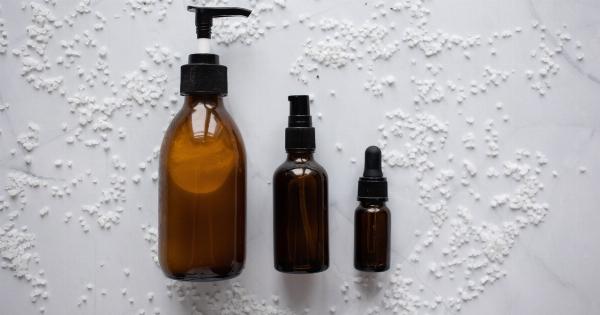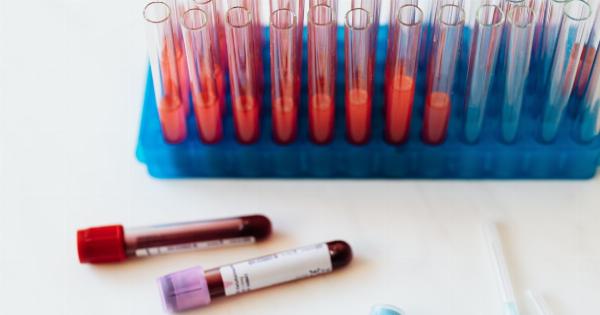Bloating is a common issue that many people experience, and it can be caused by various factors. One of the major culprits of bloating is salt and liquid retention. When our bodies retain excess fluid, it can lead to swelling and discomfort.
However, there are several steps you can take to reduce bloating caused by salt and liquid retention. In this article, we will discuss ten effective tips that can help alleviate bloating and promote a healthier digestive system.
1. Limit your salt intake
Reducing your salt intake is crucial when trying to combat bloating caused by salt retention. The recommended daily intake of sodium is no more than 2,300 milligrams, but most people consume much more than that.
Excess salt can cause water retention in the body, leading to bloating. To reduce your salt intake, avoid processed and packaged foods, as they tend to be high in sodium. Try opting for fresh, whole foods and season your meals with herbs and spices instead of salt.
2. Stay hydrated
While it may seem counterintuitive, staying hydrated is essential in reducing bloating caused by fluid retention. When your body doesn’t get enough water, it holds onto the water it already has, which can result in bloating.
Aim to drink at least eight cups of water per day. You can also include hydrating foods like watermelon, cucumbers, and celery in your diet.
3. Increase your potassium intake
Consuming foods high in potassium can help counteract the bloating effects of sodium. Potassium helps regulate fluid balance in the body, reducing water retention. Some potassium-rich foods include bananas, avocados, spinach, and sweet potatoes.
Incorporate these foods into your meals to promote a healthy fluid balance and reduce bloating.
4. Eat smaller, more frequent meals
Eating large meals can put strain on your digestive system, leading to bloating. Instead, opt for smaller, more frequent meals throughout the day.
This approach allows your body to digest food more efficiently, preventing bloating caused by slow digestion. Additionally, try to chew your food thoroughly and eat slowly to aid digestion further.
5. Reduce carbonated and fizzy drinks
Carbonated and fizzy drinks are notorious for causing bloating. These beverages contain gases that can get trapped in your digestive system, leading to discomfort and bloating.
To reduce bloating, cut back on carbonated drinks like soda and sparkling water. Opt for still water or herbal tea instead. If you crave a fizzy sensation, try adding a slice of lemon or cucumber to your water.
6. Incorporate probiotics into your diet
Probiotics are beneficial bacteria that promote a healthy gut and aid digestion. They can help reduce bloating by balancing the gut flora, improving digestion, and reducing gas production.
You can find probiotics in certain yogurts, kefir, sauerkraut, and other fermented foods. Alternatively, you can take a high-quality probiotic supplement to support your digestive health.
7. Exercise regularly
Regular exercise not only improves overall health but also helps reduce bloating. Physical activity stimulates the bowels, aiding in regular bowel movements and preventing constipation, which can contribute to bloating.
Engage in activities like brisk walking, jogging, or yoga to promote healthy digestion and reduce bloating caused by salt and liquid retention.
8. Avoid chewing gum
Chewing gum may seem harmless, but it can lead to bloating. When you chew gum, you swallow extra air, which can get trapped in your digestive system and cause discomfort. Avoid chewing gum, especially if you struggle with bloating.
If you need to freshen your breath, consider using sugar-free mints instead.
9. Limit alcohol consumption
Alcohol can cause dehydration and disrupt the body’s fluid balance, leading to bloating. Furthermore, alcoholic beverages are often high in sugar or carbonation, both of which can contribute to bloating.
Limit your alcohol consumption and opt for healthier alternatives like infused water or herbal tea instead.
10. Manage stress levels
Stress can wreak havoc on your digestive system, leading to bloating and other gastrointestinal issues. When you’re stressed, your body produces stress hormones that can slow down digestion and impair proper nutrient absorption.
Engage in stress-reducing activities like yoga, meditation, or deep breathing exercises to promote a healthier digestive system and reduce bloating caused by salt and liquid retention.




























